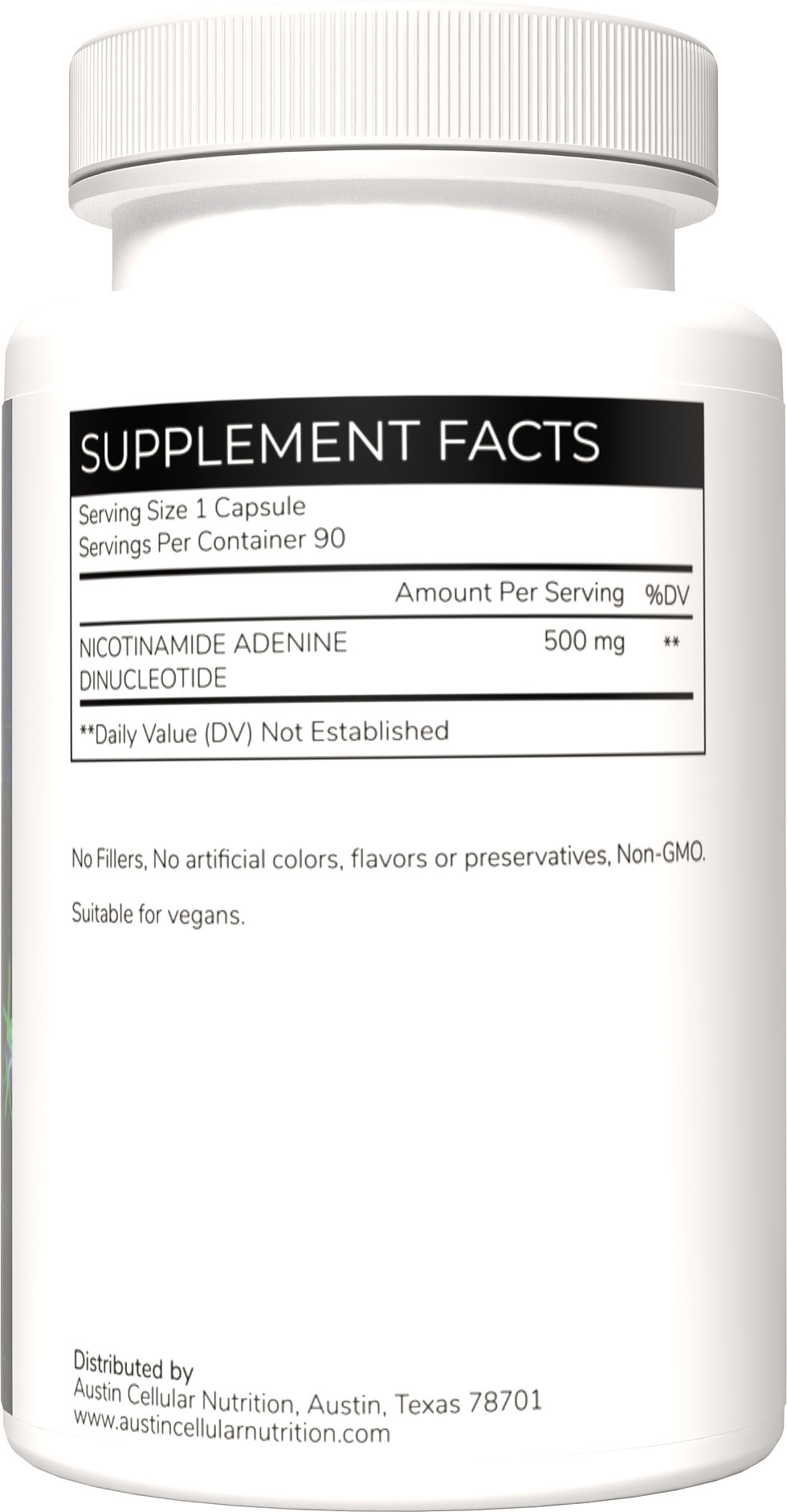
Elevate Your Health with NAD Vitamins
NAD+ is a fundamental molecule in human life and health as it participates in energy metabolism, cell signalling, mitochondrial homeostasis, and in dictating cell survival or death. Emerging evidence from preclinical and human studies indicates an age-dependent reduction of cellular NAD+, possibly due to reduced synthesis and increased consumption. In preclinical models, NAD+ repletion extends healthspan and / or lifespan and mitigates several conditions, such as premature ageing diseases and neurodegenerative diseases. These findings suggest that NAD+ replenishment through NAD+ precursors has great potential as a therapeutic target for ageing and age-predisposed diseases.

NAD+ Functions as a Coenzyme in Mitochondria
NAD+ plays an especially active role in metabolic processes, such as glycolysis, the TCA Cycle (AKA Krebs Cycle or Citric Acid cycle), and the electron transport chain, which occurs in our mitochondria and is how we obtain cellular energy.
In its role as a ligand, NAD+ binds to enzymes and transfers electrons between molecules. Electrons are the atomic basis for cellular energy and by transferring them from one molecule to the next, NAD+ acts through a cellular mechanism similar to recharging a battery. A battery is depleted when electrons are expended to provide energy. Those electrons can’t return to their starting point without a boost. In cells, NAD+ serves as that booster. In this way, NAD+ can decrease or increase enzyme activity, gene expression, and cell signaling.















